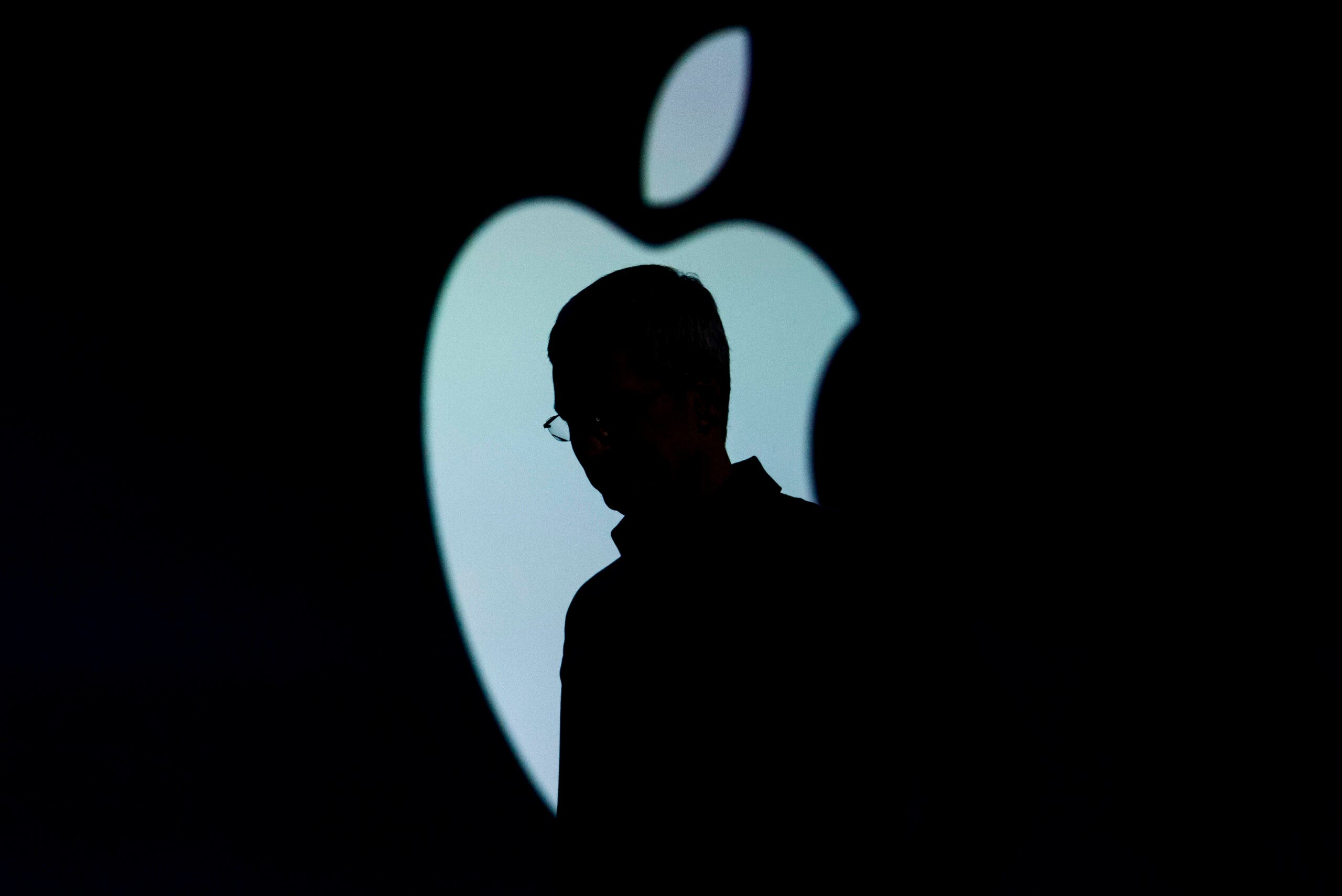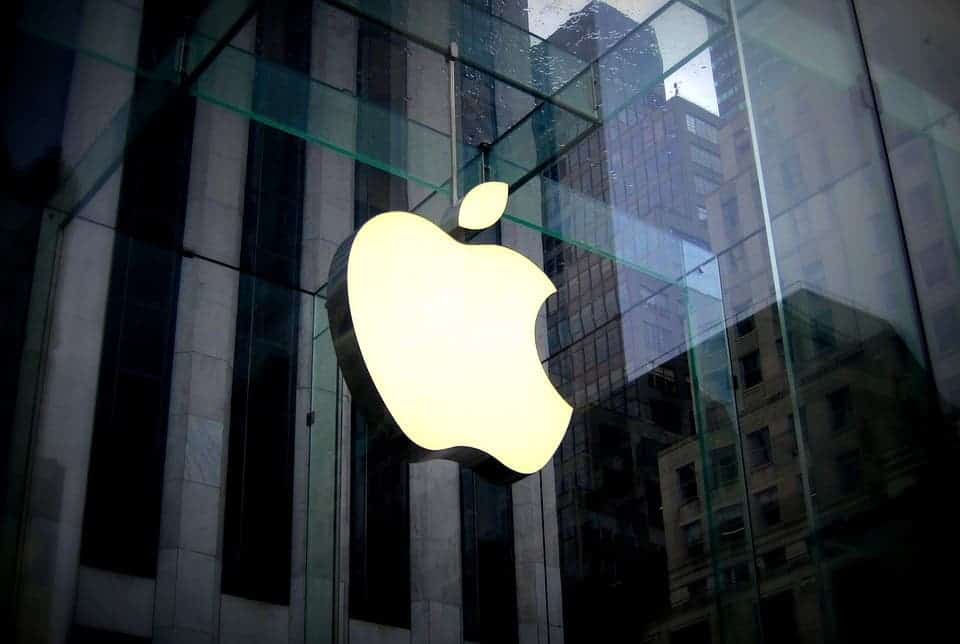Apple has suffered a setback in its fight against an order to pay a €13 billion ($14 billion) tax bill in Ireland. This came after an adviser to the European Court of Justice (ECJ) said that a ruling in the tech company’s favour should be set aside. The tax case against Apple dates back to 2014. The European Commission launched a probe into two tax rulings in Ireland that it suspected had artificially lowered the tax due since 1991. The commission concluded that the benefits between 1991 and 2014 amounted to illegal state aid. It then ordered Ireland to recover the money.

The European Commission said in its 2016 decision that Apple benefited from two tax rulings in Ireland over more than 20 years that artificially lowered its tax burden, as low as 0.005% in 2014. Apple and Dublin appealed against the tax order, but Apple had to hand over the full amount. Ireland has been holding this money in an escrow account.
The EU’s General Court Ruling
The European Union’s General Court in 2020 upheld Apple’s challenge, saying that regulators had not met the legal standard to show Apple had enjoyed an unfair advantage. However, advocate General Giovanni Pitruzzella at the EU Court of Justice (CJEU) disagreed. He said CJEU judges should set aside the General Court ruling and refer the case back to the lower tribunal. Pitruzzella said the General Court committed a series of errors in law and had also failed to look at the crux of the matter.
Giovanni Pitruzzella said the General Court failed…
“to assess correctly the substance and consequences of certain methodological errors that, according to the Commission decision, vitiated the tax rulings … It is, therefore, necessary for the General Court to carry out a new assessment,”
The decision of the CJEU is expected next year. The ruling will have huge implications for how EU member states grant tax breaks to major firms. The €13.1 billion has been held in an escrow fund pending the outcome of the case. The money, with interest, is due to be entered into the Irish Exchequer if the Commission wins the case. The ruling from the CJEU will be binding on the matter.
Gizchina News of the week

Apple’s and Ireland’s Responses
Apple has pushed back against claims that the company has sought to avoid paying taxes that it owes. On its part, Ireland has always rejected claims of giving Apple a hidden subsidy. Ireland’s finance minister, Michael McGrath, said he noted the opinion of the ECJ’s advocate general. However, the country remains confident that it did not breach any EU laws. Michael McGrath
“It has always been and remains Ireland’s position that the correct amount of Irish tax was paid and that Ireland provided no state aid to Apple. We now await the judgment of the Court of Justice of the European Union on this matter,”
Conclusion
The ECJ, which will rule in the coming months, follows around four out of five such recommendations. If the court rules against Apple, it may be forced to pay the €13 billion tax bill, which would be a big blow to the company. The case against Apple is part of the EU’s antitrust chief Margrethe Vestager’s crackdown against deals between multinationals and EU countries that regulators saw as unfair state aid.
If the European Commission wins the case, the €13.1 billion held in an escrow account will be forfeited. However, Apple will get its money back if it eventually wins the case. The money, with interest, is due to be entered into the Irish Exchequer. Apple has argued that it has been paying tax on the profits in question in the US. What do you think about this new ruling in this case? Let us know your thoughts in the comment section below







